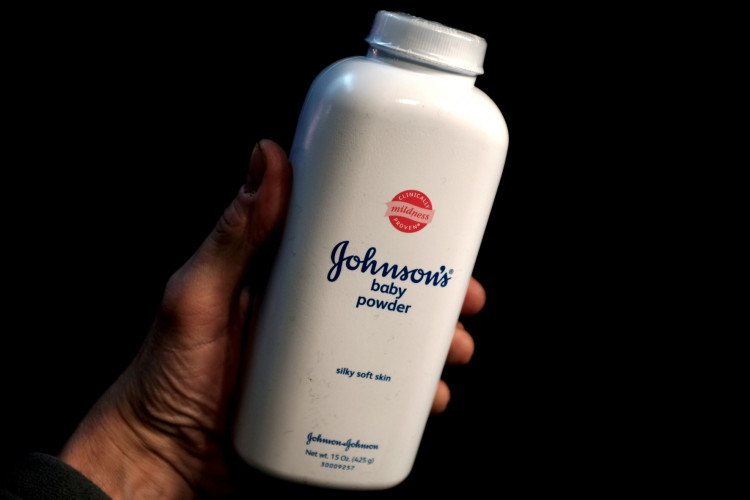Johnson & Johnson is planning to mitigate the effects of baby powder-related litigation on its overall business by creating a new entity. Sources familiar with the matter said the company is planning to offload liabilities related to the lawsuits onto the new entity, which would then seek bankruptcy protection.
If it proceeds with the plan, Johnson & Johnson could potentially pay out lower settlements through the smaller subsidiary. Sources said Johnson & Johnson plans to take advantage of an existing merger law in Texas that allows companies to split into at least two entities.
The legal process, also known as a two-step bankruptcy, would take away liabilities related to the lawsuits from the main company. Sources said the proposed plan was mentioned by Johnson & Johnson's lawyers as a way of forcing plaintiffs to settle. Plaintiffs would have no way of stopping the company from pursuing the action but some could use other legal means to challenge the decision.
Sources said Johnson & Johnson has yet to decide if it would pursue the bankruptcy plan. Sources said the company could ultimately abandon the idea.
"Johnson & Johnson Consumer Inc. has not decided on any particular course of action in this litigation other than to continue to defend the safety of talc and litigate these cases in the tort system, as the pending trials demonstrate," the company said in response to questions regarding the bankruptcy plans.
Johnson & Johnson is currently facing lawsuits from tens of thousands of plaintiffs that had allegedly gotten cancer from its Baby Powder and other talc products. The New York Times said in a previous report that the company covered up the fact that it had known that its products had contained trace amounts of asbestos.
Asbestos is a carcinogenic compound that can make its way into talcum powder during the mining process. Plaintiffs alleged that the company's products caused cancer.
In June, the U.S. Supreme Court denied Johnson & Johnson's request for an appeal related to a ruling that resulted in $2 billion in damages awarded to several women who alleged that the company's talc products caused their ovarian cancer.






